Placing Family Learning in the Context of a Wider Intergenerational Learning Strategy
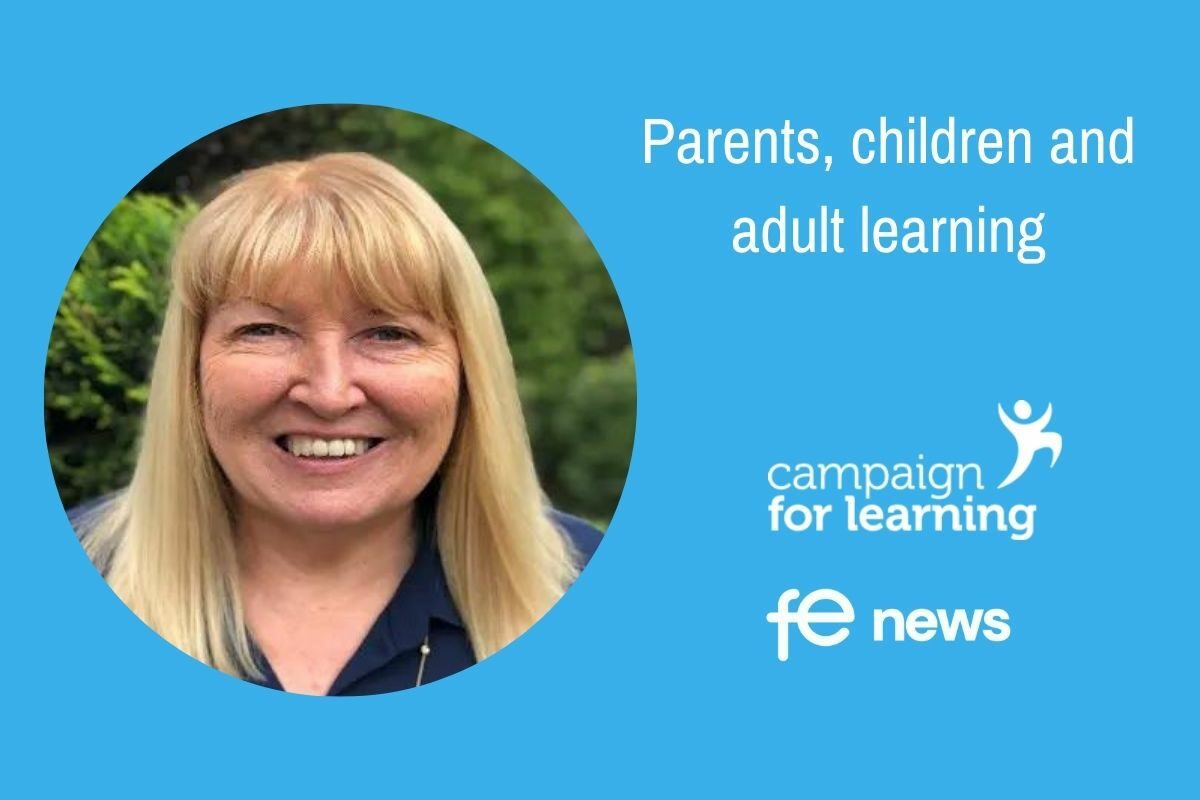
Family learning is supported through the Department for Education (DfE) adult education budget and is a widely understood concept in the adult education world. It is a wonderful initiative that brings real joy and learning to family members. Family learning provides a range of opportunities for families in the widest sense (children, parents, carers, grandparents) to learn together and raise skills across generations.
Local Delivery of Family Learning
There is a long history of delivery by local authorities and Adult Community Education services, Institutes for Adult Learning and colleges. They were given a formal remit in 2012 to include family learning in their commissioning plans and so they still in 2022 continue to provide family learning programmes. These programmes take place in partnership with schools and other organisations such as libraries, children’s centres and youth clubs. They enable families to learn in a relaxed and ‘fun’ atmosphere, picking up ideas to reinforce learning at home. For many adults, a family learning course can be the first step to taking up further adult learning and training opportunities or gaining a job.
Although the pandemic had and still is having an impact on family learning participation, anecdotal evidence from the Covid lockdown suggests those involved in family learning schemes were more confident with home learning. This is another reason why we need to continue to develop the programme and the value it is to improved learning.
Family Learning in a Wider Context
However, if we are to become a lifelong learning nation then for family learning to achieve its full potential it should be considered as part of an intergenerational learning policy.
Intergenerational Learning
The most widely recognised definition of intergenerational learning is where the practice aims to bring people together in purposeful, mutually beneficial activities which promote greater understanding and respect between generations and contribute to building more cohesive communities. This could be grandparents helping their grandchildren learn to read, or a retired employer mentoring university business students to create a start-up business, or a response to the cry of the baby boomer “I need a teenager to help me with my IT.”
Intergenerational learning also helps build social capital which generates a greater sense of community spirit, encourages shared values and builds confidence, which in turn improves productivity of the workforce. The most successful schemes are organised locally or at city level with all major institutions in education, business and voluntary sector taking part.
Towards ‘Local’ Intergenerational Learning Strategies
With all the emphasis on localism, collaboration and development of the Mayoral Combined Authorities, it seems opportune to start a debate about how we grow and redesign the concept of intergenerational learning in our local communities.
For projects to be successful and have longevity, they should be visible and sustainable with a lead role for the Mayor. They should be purposeful, and partners – whether they be a university or business working in the community, youth clubs partnering with care for elderly, or schools opening up weekends for carers and families to learn to support each other – should all understand the potential personal gain as well as the collective good will.
To get the full benefit from intergenerational projects, they should be planned to include learning outcomes which will have a direct impact or benefit for all those involved.
Transferable Skills
Key transferable skills arising from local intergenerational learning projects include improved communication and interpersonal skills; increased knowledge of practical skills; greater interaction between the work environment and the learning environment to increase knowledge and understanding; a better understanding and awareness of the local environment; and participation in political, social, economic and cultural life while being responsible citizens.
Activities
Activities offered through local intergenerational learning projects include learning how to articulate a personal experience and social observation in oral and written forms; learning about history as a living, ongoing process; learning how to develop and document the results of an intergenerational exchange; learning to talk freely and pleasantly about solidarity between generations; and breaking down intergenerational stereotypes and bring different generations closer together.
Levelling Up and Local intergenerational Learning Strategies
These outcomes would help achieve many government objectives, whether it be the Levelling Up agenda, the need for social justice or building local communities. It makes both economic and social sense for government, in particular the Mayors of Combined Authorities, to spearhead the development of local intergenerational learning programmes and use their powers to bring partners such as universities, adult education services, colleges, schools, local industry and voluntary services together to commit to taking forward an intergenerational learning programme.
Recommendation 1
Family learning should become part of a wider intergenerational learning strategy to create a learning nation.
Recommendation 2
Mayoral Combined Authorities and local authorities with County Deals should take the lead in establishing intergenerational partnerships.
Recommendation 3
Adult Education Services, Institutions, Colleges, Schools and Industry Partnerships should continue to offer family learning in partnership with schools.
By Susan Pember, Policy Director, HOLEX
Read Campaign for Learning‘s press release here.
Parents, Children and Adult Learning: Family Learning Policy in the 2020s
Read previous articles here:
- Driving-Up Parental Engagement in Educational Catch-Up, Sam Freedman, Research Fellow, Institute for Government
- Focusing on Parents to Improve Social Mobility, Lee Elliot-Major, Professor of Social Mobility, University of Exeter
- Encouraging Parental Involvement in Children’s Learning Through School Communication, Adrian Burt, Founder, MarvellousMe
- Balancing Parental Support and Independence of 16-18 Year Olds in Further Education, Noni Csogor, Research and Policy Manager, Sixth Form Colleges Association
- Involving Parents and Guardians in Careers Support for 11-18 Year-Olds, Lesley Thain, Head of Career Programmes, Gatsby Foundation
- Enabling Parents to Get What They Need to Support Children to Learn, Kerry-Jane Packman, Executive Director, Parentkind
- Working with Parents in the Early Years to Get More Children School Ready, Louise Bazalgette, Deputy Director, Nesta
- Using Technology to Help Parents Bridge the Gap in Child Learning, Tom Harbour, Chief Executive, Learning with Parents
- Targeting Support at Carers to Improve the Educational Outcomes for Children in Care, Aoife O’Higgins , Director of Research, What Works for Children’s Social Care
- Supporting Parents to Build Children’s Financial Capability, Sarah Porretta, Insights Director, Money and Pensions Service
- Using Libraries to Support Literacy and Personal Development in Children and Young People, Christine Myhill, National Chair, ASCEL
- Enabling Parents and Children to Learn Together as Families, Katie Easey, Director of Education: Community Learning, WEA
- Reminding Policy Makers of the Benefits of Parents and Children Learning Together, Susannah Chambers, Independent Consultant
- Building Maths Confidence Through Family Learning, Professor Alison Clark-Wilson, Chair, and Lucy Davis, Chief Executive, Maths on Toast – the family maths charity
- Promoting Family Wellbeing Through Adult Learning, Nancy Hey, Chief Executive, What Works Centre for Wellbeing



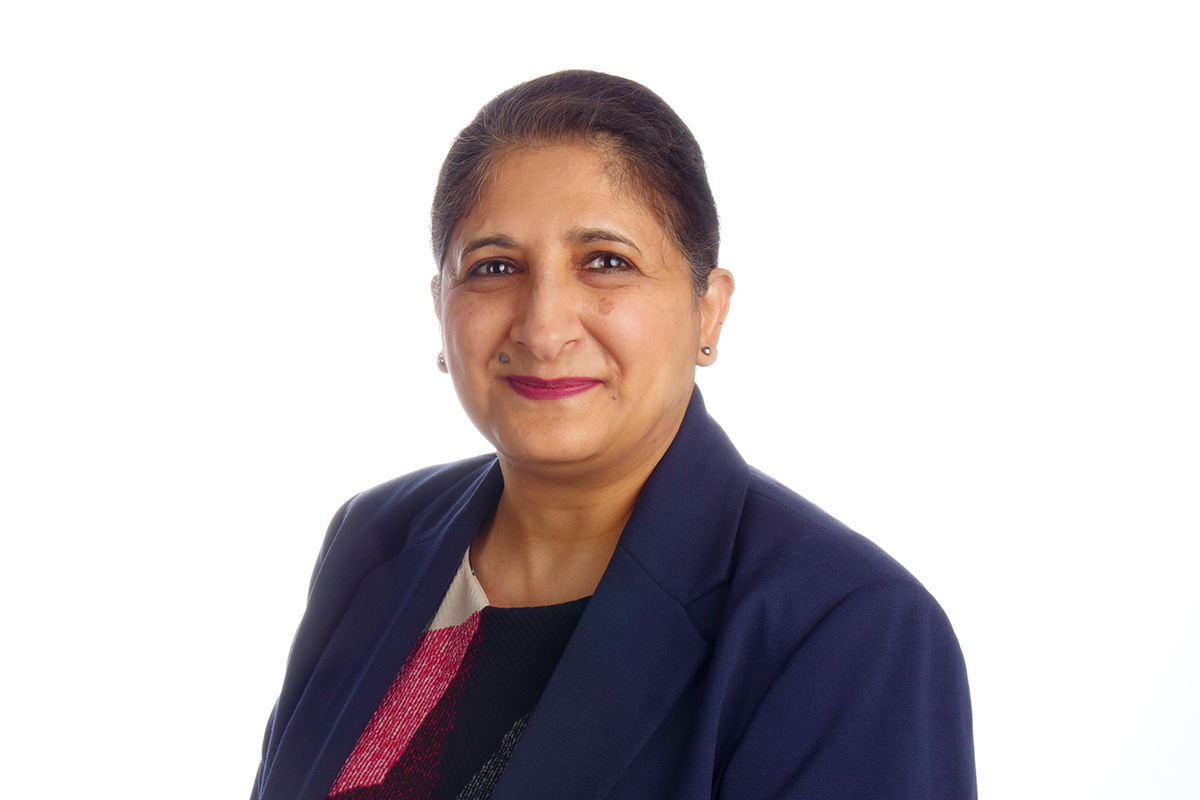
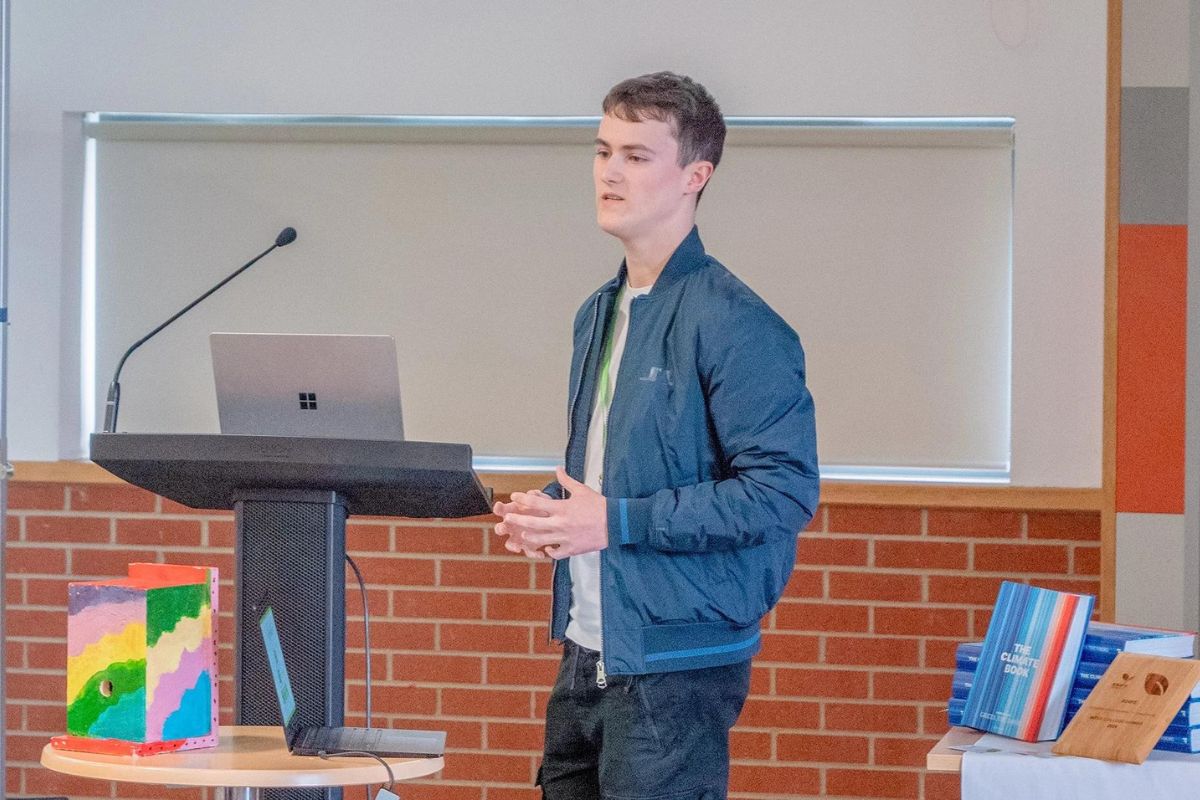



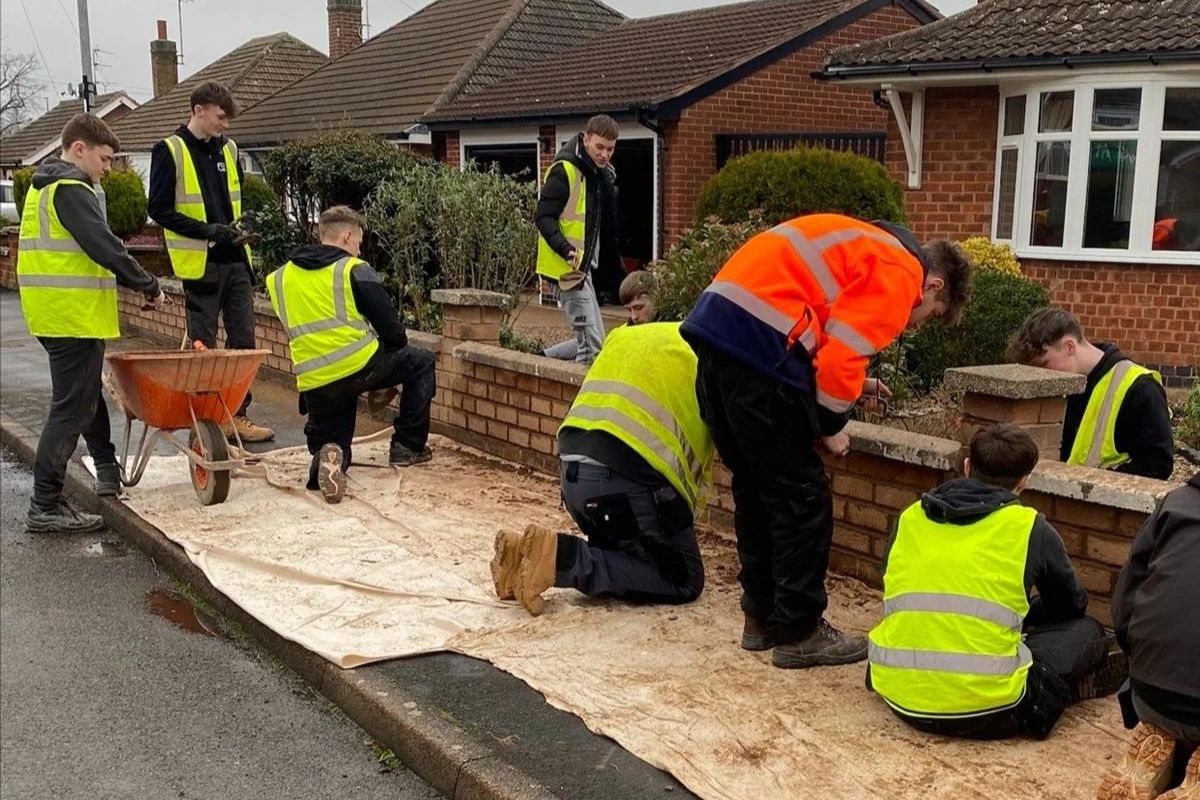


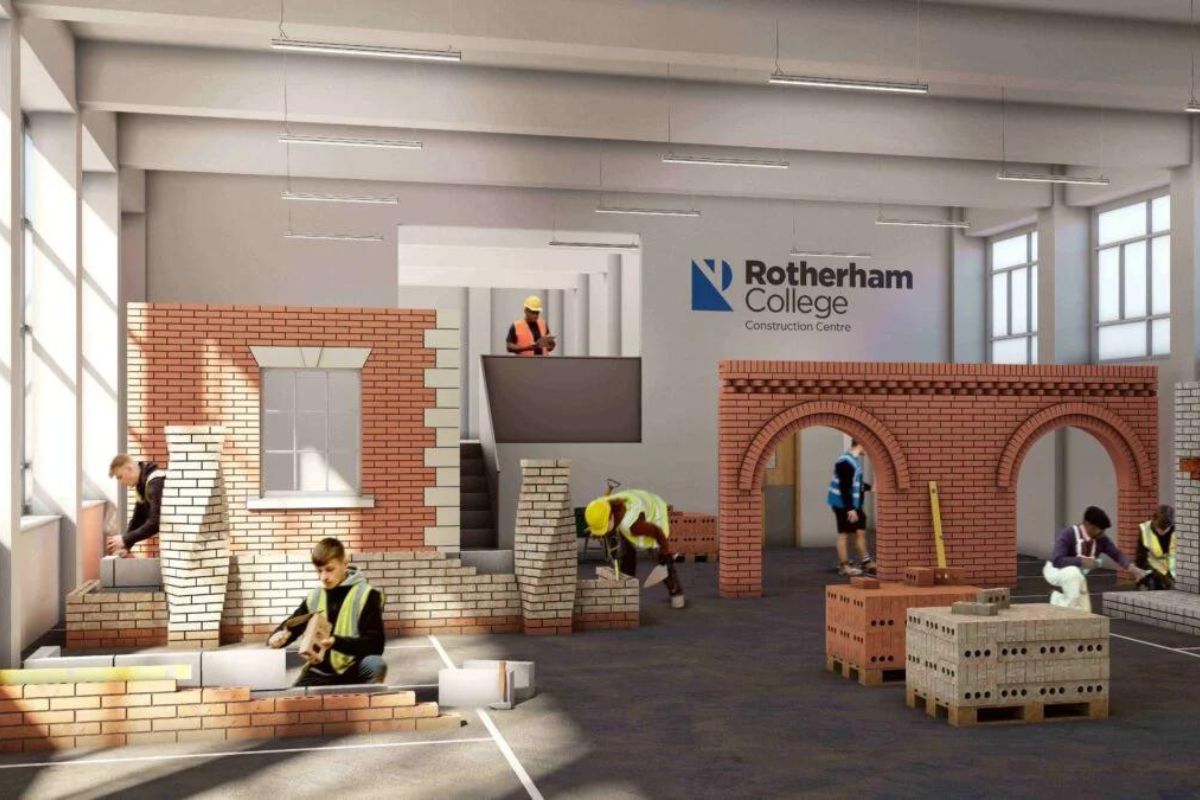
Responses